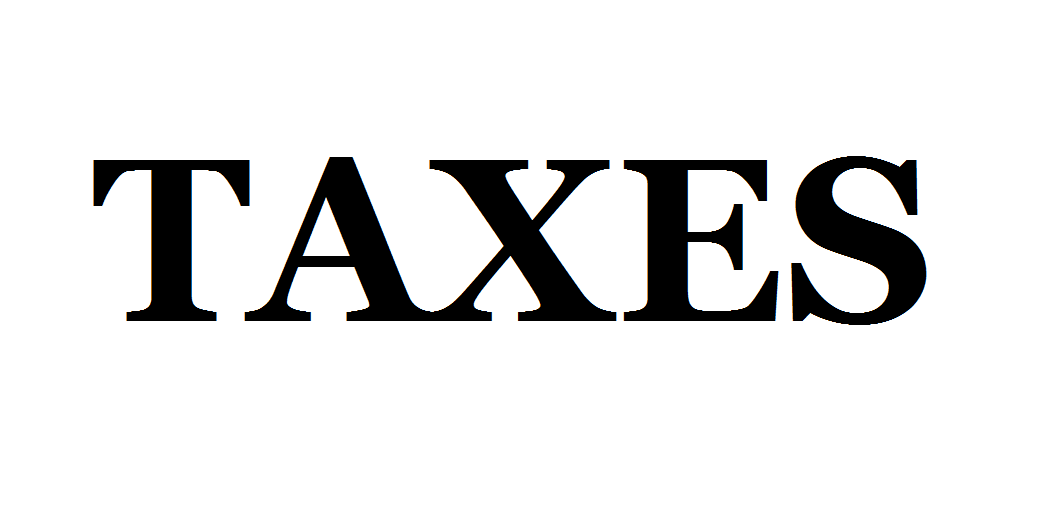It’s that time of year again: Tax Time. Even an ocean away, we U.S. citizens can’t hide from the long arm of the IRS. This week I’ve been digging through the mess of forms and instructions trying to figure out, not just our 2015 taxes, but also how to amend our 2014 taxes.
Talking about Tax Time with our European friends has drawn a lot confused looks because no one we know here has ever had to file taxes. The Swiss government, along with much of the rest of the developed world, takes all your information up front and then takes the exact amount necessary out of each pay check. There are no deductions or credits, and there are zero forms to file. Imagine how surprised I was last year, after having to wrestle with the giant Swiss bureaucracy over permits, insurances and addresses, that I needn’t lift a finger when it came to taxes.
The U.S. system in contrast requires filing every year, even if all your income is made in a foreign country. The U.S. also requires tax be paid on that income, even if it’s already been taxed by the foreign country… unless you meet certain requirements. This year we could avoid double taxation as our income was less than $99,200 and was earned during a 12 month period during which we lived outside the U.S. for at least 330 days.
So while our 2015 returns are relatively straightforward, our 2014 return was, and still is, very confusing to figure out. When we originally filed our 2014 returns, we had to pay US income tax on one month’s worth of Melissa’s Swiss income, which was already taxed by the Swiss government. We can recoup the taxes we paid on that income, though, but we must now file an amended return claiming we now meet the requirement of residing outside the U.S. for a year.
Amending your taxes while living abroad really tests your knowledge of government terminology. In fact the very first line of the form stumped me for a day or two: what is your current address? Which one, I wanted to yell at the screen, the U.S. or Swiss address?!
In another wonderful tax surprise, we discovered we also need to report all of our assets that are in foreign currency to the government once a year. This rule, ironically, was put on the books because of Americans hiding money in Swiss bank accounts, not too different from the type of account we use to pay our everyday bills here. Incidentally this rule made it incredibly difficult for us to find a bank that would accept us as the Swiss take pride in banking secrecy, and don’t like being told what to do and report by a foreign government.
Now I don’t want to seem like I’m just complaining; paying taxes is a good thing, and we have the added security of the U.S. embassy nearby that exists, in large part, to serve citizens like us. We also don’t want the mega millionaires to unjustly hide their money just to avoid paying their legal share of taxes, so even filing extra banking forms is understandable. However, after banging my head against the proverbial wall trying to decipher IRS legalese, it’s clear that the US could stand to learn a bit from their overly bureaucratic, but streamlined, European counterparts.

